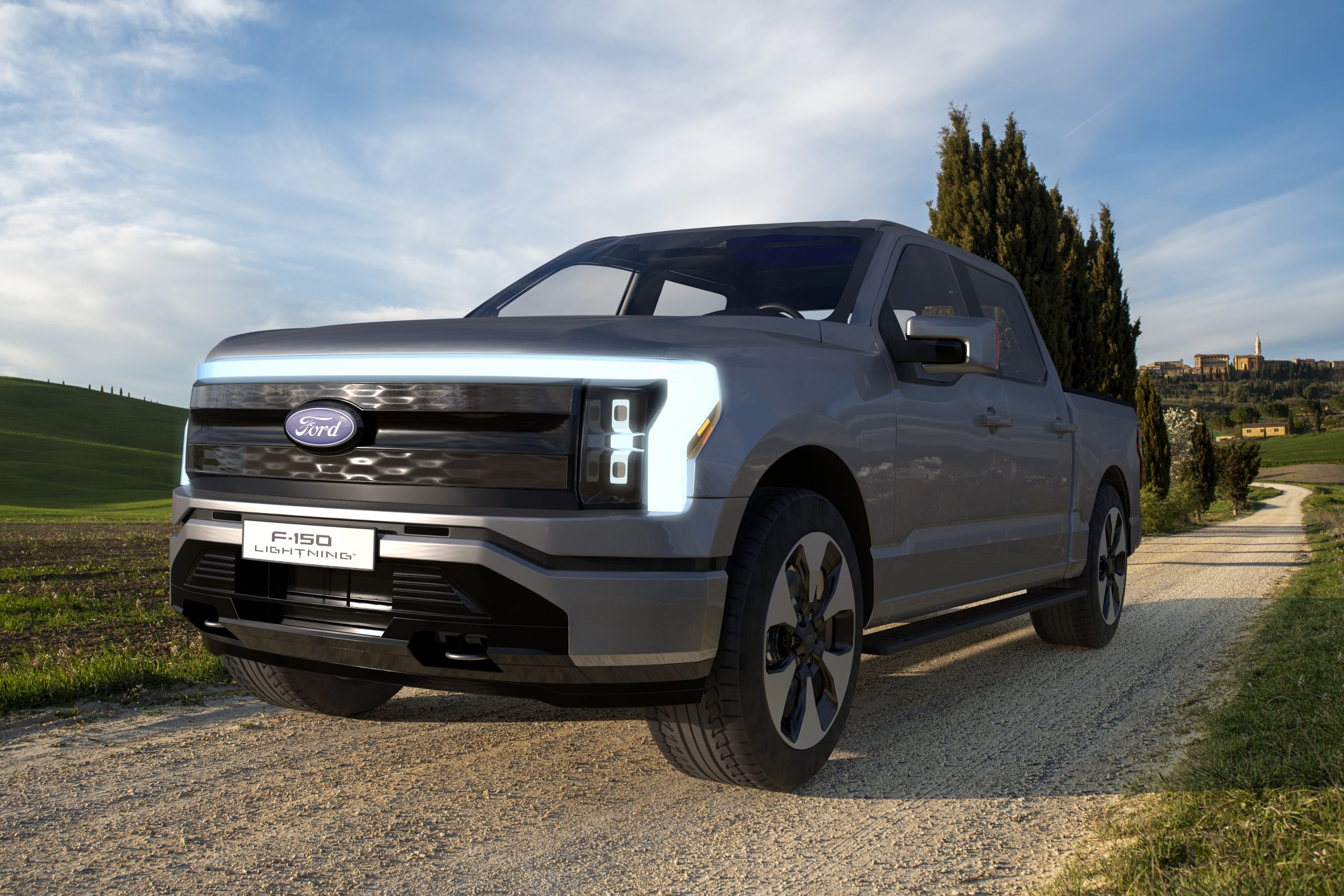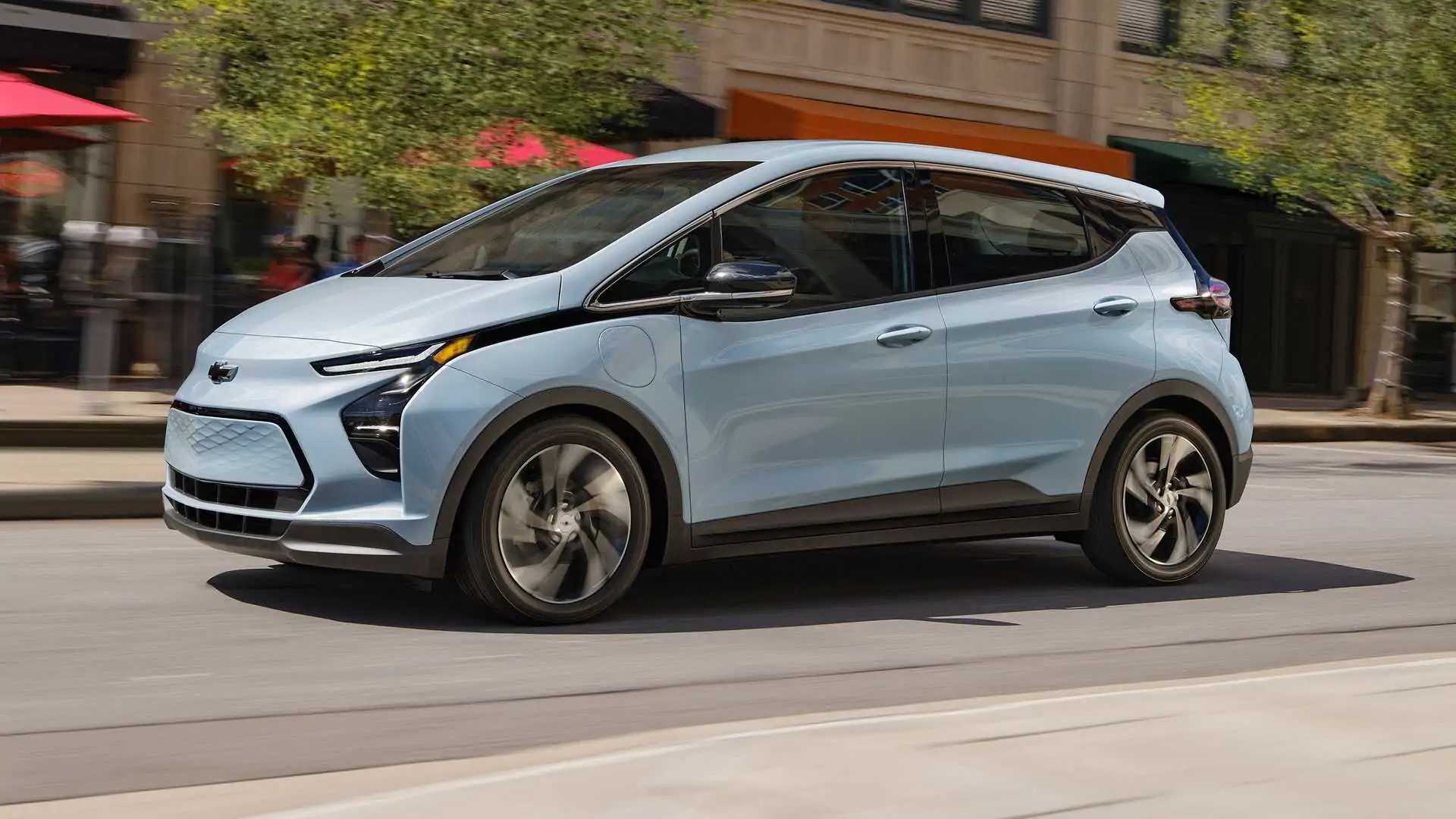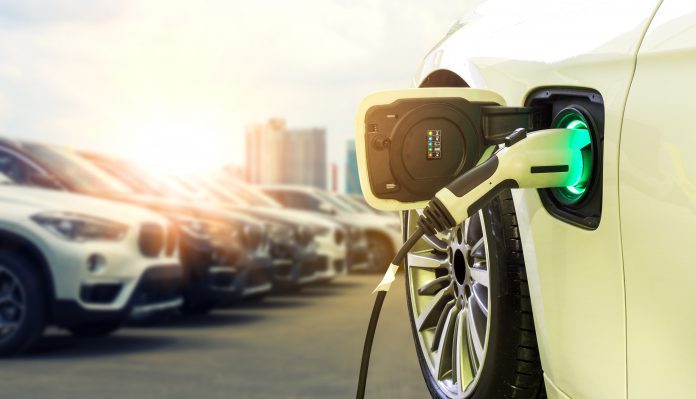Could you buy an electric vehicle – whether new or used, with the current EV prices available on the market? How about six months from now, or when your current gasoline-powered vehicle gives up? We intend to examine some of the factors that go into the current pricing for electric vehicles, as well as what automakers are doing to reduce the perception that they are expensive.
Price Cuts
We have to admit that even after many years in the auto industry, nothing gets quite as much attention as the raising and lowering of prices for electric vehicles. Not much was said on a monthly basis when gas-powered vehicles slowly raised prices as they introduced new features.
You hear a lot about Tesla lowering prices for the sixth time this year in part because the news of is often regarded as a luxury electric brand lowing their EV prices is broadcast in hopes of raising demand. Given Tesla’s pattern of reducing, then sometimes raising prices, it is easy to conclude that yes, sometimes the pricing of EVs is stifling some of the demand for electric cars.


Ford F-150 Lightning
To be fair, that definitely isn’t the only reason why people are hesitating on electric cars, but it’s definitely an uphill battle when the MSRP for a Ford F-150 gas-powered truck is $40,960 and the electric equivalent in the F-150 Lightning edition is $54,769.
According to a March study by by J.D. Power, “approximately half of all vehicle shoppers nationwide will have a viable EV option available to them by the end of 2023. By the end of 2026, that number is expected to surpass 75%.”
Is there an EV price war?
To simplify this explanation as someone who doesn’t have a degree in economics: Technically yes, and at the very least, there will be as someone who has personally seen tens of thousands of dollars shaved off the price of a truck because other dealers across the city had the same truck – and plenty of them, this process is beginning but it starts with the manufacturer.
As we mentioned earlier, Tesla has been in the process of dropping prices on their vehicles (with the occasional mild price hikes) and others, like Ford, have followed suit by lowering prices on vehicles like the Mustang Mach-E by around 10%.
The EV price war might not be the same as gasoline-powered cars for years though – and is still an internal battle for most manufacturers. Instead of slashing EV prices, they are more focused on cutting costs to make the electric vehicle divisions closer to profitable.
Tesla does know that reducing the price of their vehicles unleashes more demand – but other manufacturers are more cautious of taking this approach because they feel like it hurts existing customers when prices drop by 10% for a more exclusive vehicle like a Porsche.
So in a way, there isn’t really a price war yet, in part because few manufacturers are really at war over price. But there will be.
More like this: Stellantis will steer clear of Tesla-led EV price war says CEO
Are there affordable electric cars on the market?
While the answer depends on what you call affordable, there are models out that won’t completely break the bank and make EV ownership much more attainable.


2023 Chevrolet Bolt EV
Chevrolet’s Bolt EV is one that starts at around $25,600, for now, while the Nissan Leaf is around $28,000. Both are great options for commuter vehicles with plenty of technology loaded in.
For SUVs, Mazda’s CX-30 starts at around $33,000 while the Hyundai Kona slides in at $35,000. Kia’s recently redesigned NIRO EV starts at around $40,000 and honestly looks great.
While pricing hasn’t been announced yet, you should expect to see a Chevrolet Equinox EV and a Blazer EV coming this year or next. The Hyundai IONIQ 7 is also using the IONIQ 5’s tried and true model of success.
Conclusion
Electric vehicles are part of America’s transportation future. Once demand is high enough for electric vehicles and manufacturers have established the supply needed, you’ll start to see more EVs with discounts and more palatable EV prices for the everyday commuter.



